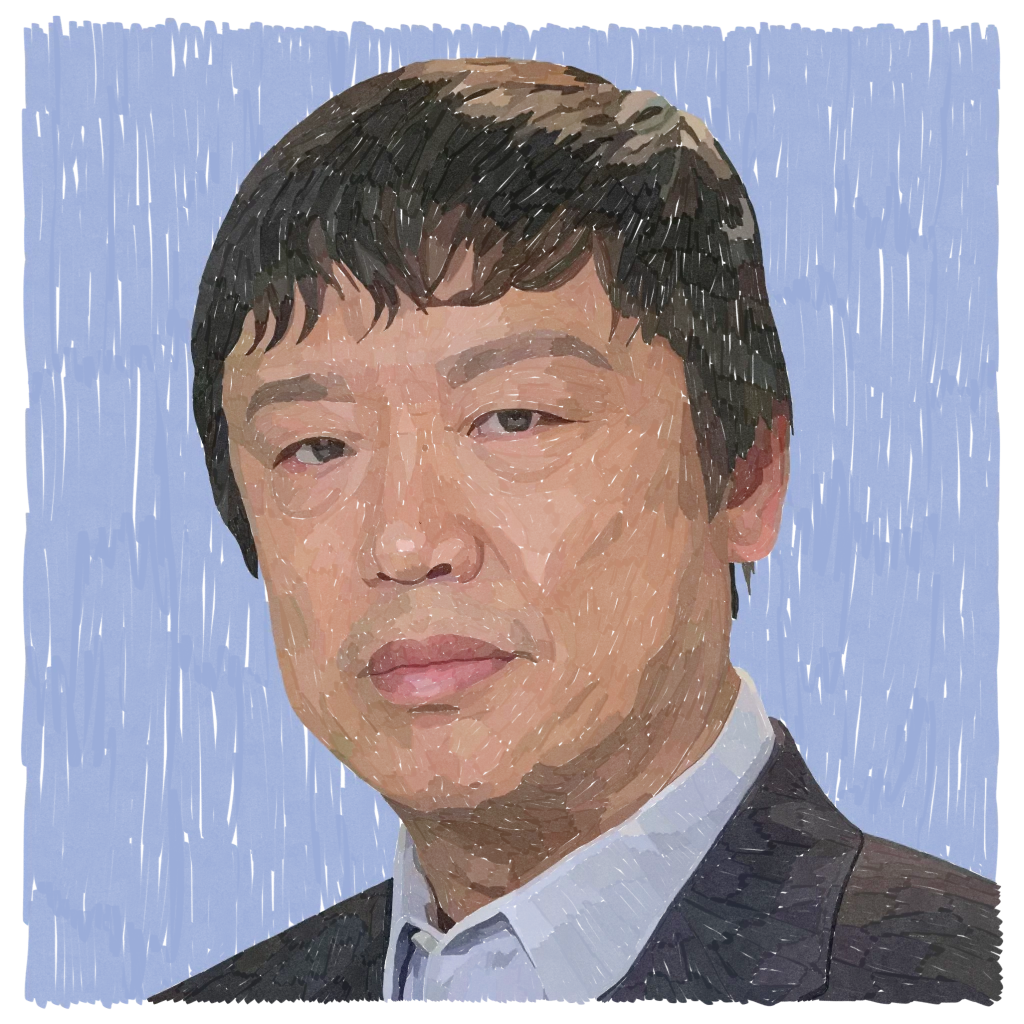Habits of Highly Effective Collaboration: Kurt Campbell on U.S.-China Relations
Image Source: The Strategist, June 30th, 2016
Since the Mar-a-Lago Summit in early April: questions about how the Sino-American relationship will congeal under the Trump administration have been brought to the forefront. Kurt Campbell, former Assistant Secretary of State under President Obama, gave his thoughts at a recent event held by The United States Institute for Peace (USIP) in conjunction with The Carter Center. The topic: where can the United States and China work together in Africa in the realm of security.
Having been instrumental in formulating the new American policy toward China known as the “pivot” , Mr. Campbell is uniquely adept at gauging the current landscape of the bilateral relationship. As he sees it, between these great powers a “habit of collaboration does not exist”, and that “there are no two countries in the world that have this much interdependence that are so uncomfortable with interdependence.” Take, for instance, the makeup of President Trump’s team of China advisors. On one side of the spectrum you have Peter Navarro, China skeptic with one eye always on the watch for the proverbial dagger in the back, and on the other you have many retained Asia hands who see conflict between the U.S. and China as-not in fact inevitable. The Chinese side is as evenly divided, points out Campbell, citing the variety of reactions of Xi’s entourage when news of the U.S. bombing of a Syrian airport was revealed over the most lovely piece of cake.

If the Mar-a-Lago Summit is any indicator, there seems to be a shift in the usual pattern of relations as well as a disconnect within both sides’ perception of the relationship. As Mr. Campbell points out, for the first time in recent memory it seems that China, instead of the United States, was the party who put the global agenda on the stage for discussion. Xi’s main striking points were narrow, specific, and revolved around possible collaborative efforts in Asia and Africa, even offering to contribute to the President’s Emergency Plan for AIDS Relief. The Trump team came in with broad goals that characterizes the relationship as being one sided, with China coming out as the victor within the trade arena. The question then becomes how can the ingrained competitiveness of the relationship,this focus on winners, losers, and transactions be rewritten and a foundation for fruitful engagement be lain in its wake?

Some inhibiting factors that Campbell points out that have been impeding collaboration have to do with the difference in how foreign is aid is determined in the U.S. and China. For instance, the US agencies that deal with foreign aid – Department of State and United States Agency for International Development – have no choice to collaborate with the Foreign Ministry of the Peoples Republic of China – a ministry that divides control over finance with the Ministry of Commerce, making consensus difficult to achieve. Alongside this is the reality that China is willing to align on some issues but not necessarily willing to collaborate, that the United States continuously shifts its priorities at least as often as it switches administrations, and an inherent desire exists for both sides to have the other conform to their strategies. These factors combined lead to Mr. Campbell’s depiction of “implementing and developing cooperation with U.S and China in Africa as one of the most difficult tasks”, but not an impossible one.
The disconnect in perceptions highlighted on both sides show fractures on both sides of the aisle, between hard and soft liners on all sides. Those willing to work together, and those more nervous than ever before about what the future may hold. Campbell, however, is optimistic. The U.S. and China have worked together in the Gulf of Aden to combat piracy, and talks are in place to expand this success to the Gulf of Guinea. Other areas of collaboration have been suggested in the Lake of Chad region in Nigeria, as well as transitional threats in the Horn of Africa. Over time, the “habit of collaboration” will form, in fact it must. As Campbell put forth, If the United States and Soviet Union could put aside their grievances and work on issues of common cause, so too can the U.S. with China.
A video recording of the event in its entirety can be found below:









